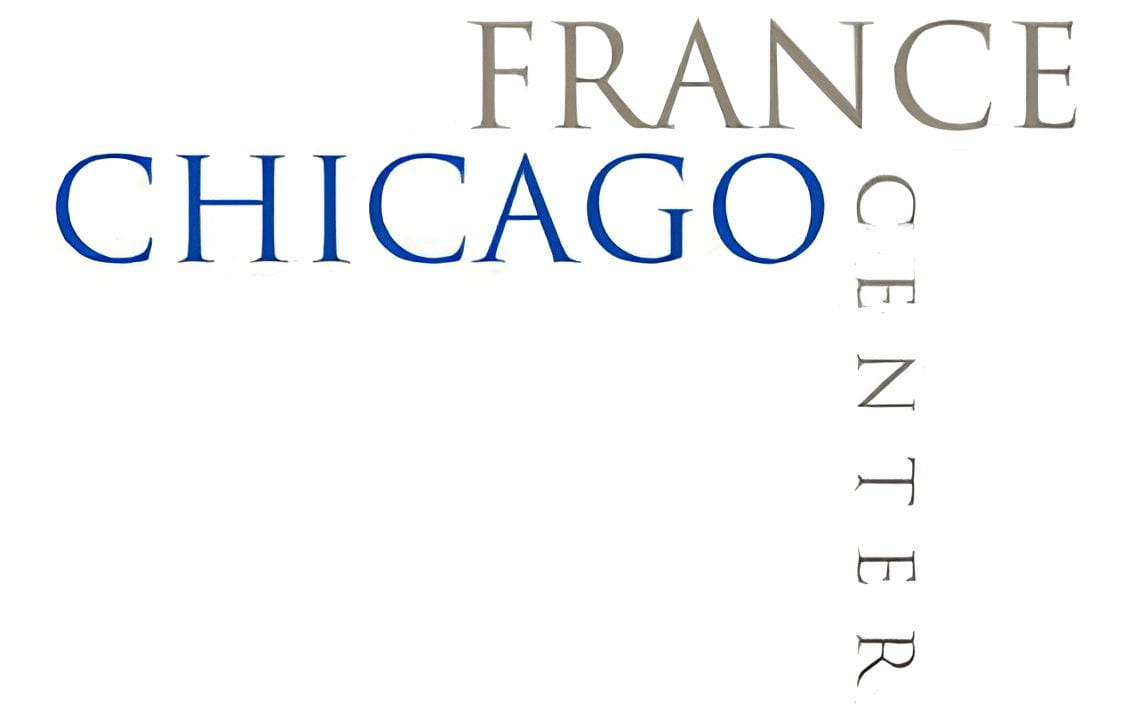France And Chicago Collaborating in The Sciences
(FACCTS)
France and Chicago Collaborating in the Sciences (FACCTS)* is designed to enhance science at the University of Chicago by encouraging closer relations between researchers in the Physical Sciences Division (PSD), The Biological Sciences Division (BSD), and the Pritzker School of Molecular Engineering (PME) and high-level research teams and institutions of higher education in France. The FACCTS program accomplishes this goal by providing seed funding for new and potentially fruitful project-based collaborations. Fermilab-based scientists are also eligible for FACCTS support, and are encouraged to apply.
Deadlines and Key Dates (2026 Funding Cycle)
- October 14, 2025: FACCTS application becomes live.
- February 3, 2026 (at 11:59 pm CST): Deadline for proposals submission.
- May 15, 2026: Notification given to all applicants.
- July 1, 2026: Funds become available to award recipients.
FACCTS and Figures
Since the inception of the FACCTS Program in 2008, seed funding totaling almost $4,100,000 has been disbursed to support 238 distinct research collaborations undertaken by scientists from Chicago (University of Chicago, Argonne National Laboratory, Fermilab National Accelerator Laboratory) and from France. Below are are some programmatic highlights and a link to a searchable database of past projects funded. Above are links to pages with more information about the program and how to apply.
ANL-based awards, total of $682,144
Fermilab-based awards, total of $175,951
Biological Sciences Division awards, total of $1,169,110
Physical Sciences Division awards, total of $1,770,372
The Pritzker School of Molecular Engineering awards, total of $282,500
Total Campus-based awards, total of $3,239,482
National Lab-based awards, total of $857,635
All FACCTS awards since 2008, total of $4,097,117
*The FACCTS program is administered and managed by the France Chicago Center (FCC), and is made possible with the generous financial support of the French Ministry of Higher Education and Research; the Office of the Provost; The Division of the Biological Sciences; the Division of the Physical Sciences; The Pritzker School of Molecular Engineering; the Office of the Vice President of National Laboratories at the University of Chicago; IRC-Discovery; PSL University; the Office of Science and Technology at the Embassy of France in the United States; Fermilab Accelerator National Laboratory; and FCC’s Support Council in the Sciences (Confrères).
